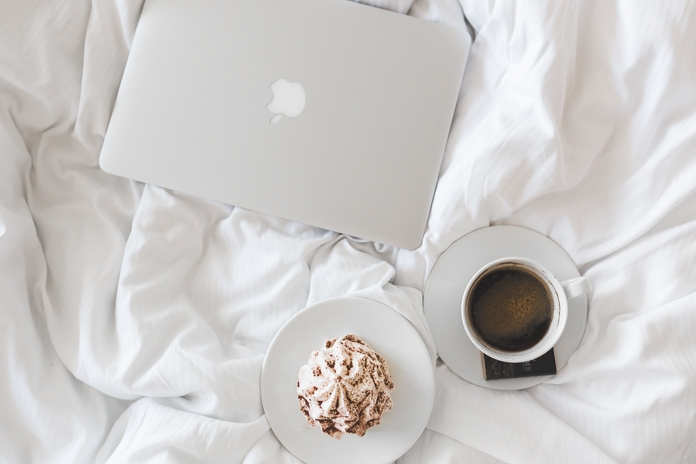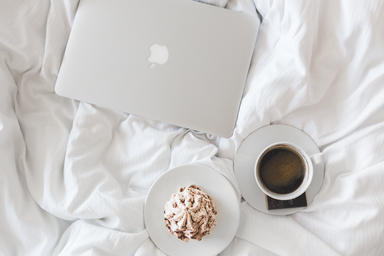In today’s world, it seems harder and harder every day to do nothing. Now, that may sound like a good thing — after all, we should strive to be more productive and manage our time efficiently, shouldn’t we?
As it turns out, the answer to that question is a little more complicated than it may seem. While productivity and good time management skills are certainly useful traits to possess, there’s something to be said for the increasingly lost art of doing nothing.
If you’re wondering why anyone would ever possibly want to do nothing, give me a chance to explain. For those of us who grew up in the late ‘90s and early 2000s, doing nothing has always been a rare occurrence. As children, there was always something to grab and hold our attention, whether it was finger painting, coloring, watching television, playing sports, etc. At the time, these activities were hobbies — that is, they didn’t serve a higher “productive” purpose. We just liked finger painting, so we did it (much to the dismay of our parents, who had to clean up the resulting messes).
When we reached young adulthood, our attention was seized by new and exciting things, many of which were more connected to our career prospects than our personal interests and hobbies. Side hustles became the rage, and it seemed like we were all in a rush to learn useful, marketable skills that would improve our job prospects or help us make a little extra cash in our free time.

As a recent college graduate, I’ve felt more pressure than ever to make the most of my free time — and I’m not the only one who feels that way. “With quarantine times leaving me unable to attain the level of productivity I’d been accustomed to, my self-esteem really took a hit,” says Annalise, University of Central Florida ’19. “I had somehow linked my level of productivity to my self-worth.”
That’s the funny thing about the free time, though: isn’t it supposed to be free? As in, free to use in whatever way we please? Of course, there’s nothing wrong with using your free time to learn a skill or earn money. Personally, though, I’ve been feeling more and more drained with society’s ever-increasing emphasis on optimizing and commodifying our dwindling spare time. More often than not, the activities that bring me the most joy or peace are those that, in the eyes of a LinkedIn influencer (yes, those exist), would amount to nothing: reading a fantasy novel, picnicking in a park, or writing short stories that will never see the light of day, much less a paycheck.

Annalise has found happiness in staying balanced. “It’s still a struggle, but I’ve managed to cope by reminding myself that this year has affected quite literally everyone,” she says, “so we all need to be gentle with ourselves and focus on balance in life instead of how much we get done. I love musical theatre — especially big dance numbers — so I’ve had a ton of fun trying to learn the choreography from YouTube videos. Also, just reconnecting with nature helps me mentally.”
Of course, I’m not saying you should drop all of your side hustles and flee to a cottage in the forest (as much as I would love to do exactly that). But the next time you have some free time, consider doing something for the joy of it rather than its productivity potential. Pick up a new book, go for a walk in the park, or call a friend to have a one-on-one conversation with them — or, do anything else that you want to do just because you want to do it. It’s your free time, after all. It may seem like you’re doing nothing, but taking care of yourself will pay off more in the long run than any side hustle, I promise.


